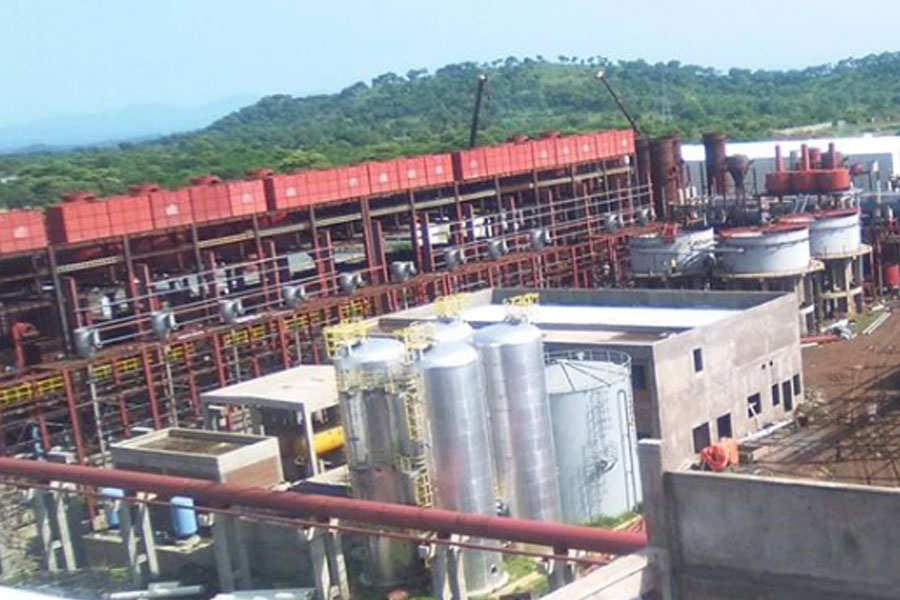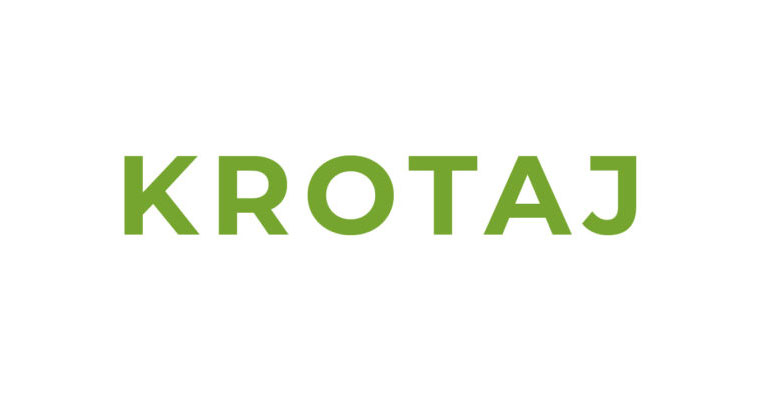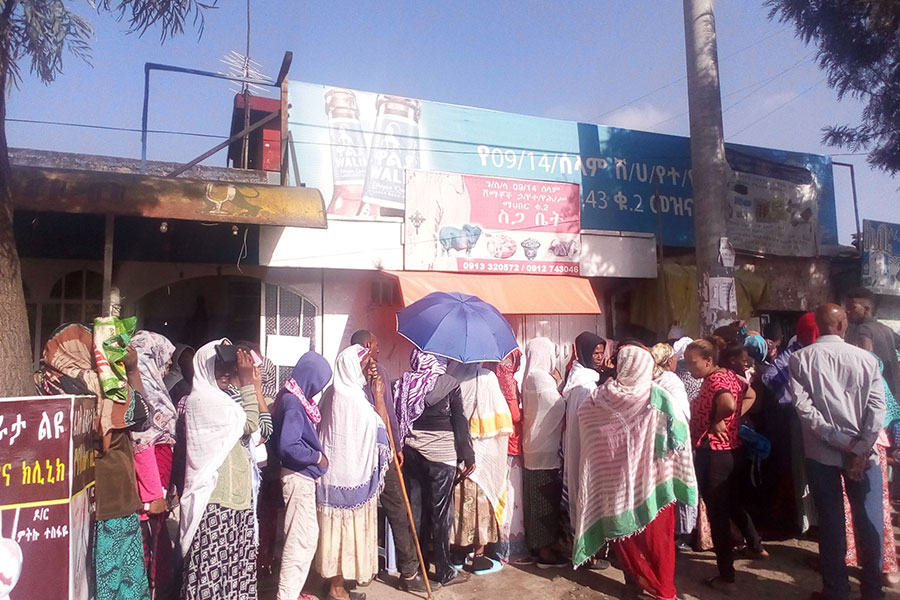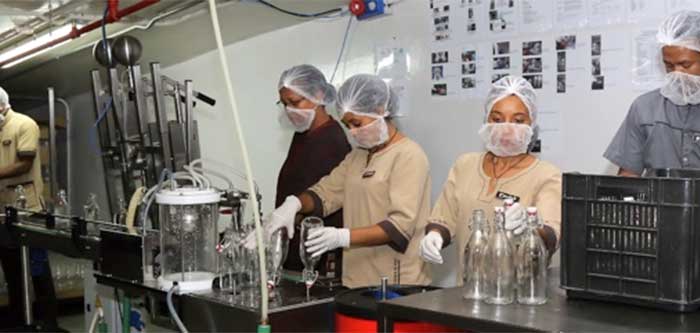
Tsehay Farmers’ Cooperative Union has invested 70 million Br to set up an edible oil processing plant in central Gonder, Amhara Regional State.
With a production capacity of refining 10,000lt of oil a day, the plant is expected to be inaugurated at the beginning of this week. The plant, which took two years to complete, rests on 8,734Sqm of land and is expected to create jobs for 75 employees.
The processing plant, which will use sesame seeds, niger seed, sunflower and peanuts to produce the oil, started trial production on February 12, 2019, processing 7,000lt of oil a day.
The steel structure of the new plant was constructed by a Saudi Arabian company, Zamil Steel Industries, a company founded in 1998 and headquartered in Dammam. Zamil employs over 10,000 people in 55 countries.
The machinery was installed by an Indian company, Kumar Metal Industries, a company established eight decades ago supplying machinery for oil mills, solvent extraction and edible oil refining plants. The company has a presence in 25 countries and serves over 500 customers.
The two-decade-old Tsehay Farmers’ Cooperative Union has been engaged in trading cereals, processing animal feed, distributing consumer products and exporting sesame.
Oil made of sesame will be exported, while the rest will be retailed in the local market, according to Endalkachew Abi, CEO of the Union, which is one of the 388 cooperative unions in Ethiopia.
The plant will play a significant role in import substitution, according to Sintayehu Demissie, a lecturer at Addis Abeba University.
"A large portion of Ethiopia’s edible oil is still imported," said Sintayehu.
The latest data from the Food, Beverage & Pharmaceutical Industry Development Institute shows that 96pc of the nation’s demand for edible oil was being fulfilled by imports from Indonesia, Malaysia and Singapore.
The country imports 350 million tons of subsidised palm oil a year due to a shortage of oil in the country, which has an annual potential of producing more than 785,000tn of oilseeds.
In 2011 the government banned private companies from importing edible oil. As the shortage in the market grew, however, the Ministry of Trade & Industry allowed selected public and private companies such as Hamaressa Edible Oil S.C, Alle Bejimla and Belayneh Kinde Import & Export to ship and distribute edible oil to the local market.
Sintayehu also applauds the geographical location of the plant, which is close to the area where the company can source the raw material.
Cooperative unions should receive support to fill the gap in the supply of edible oil, according to Sintayehu.
"Giving tax holidays and incentives can potentially help the existing companies and attract new investments in the area," he said.
In the country, there are over 1,000 small and micro oil processing companies accompanied by 27 large and medium-sized oil processors.
When fully operational, Tsehay will collect more than 80,000tn of various types of oilseeds a year from five cooperative unions.
In the coming three years, the Union, which has 120,450 farmer members, is planning to invest in the expansion of the processing plant to produce oil from soybeans, according to Endalkachew.
“Soybean seeds are highly cultivated in the area,” Endalkachew told Fortune.
The Union is also planning to invest in expanding the animal feed processing plant and opening a nail and corrugated sheet manufacturing company.
PUBLISHED ON
Feb 23,2019 [ VOL
19 , NO
982]

Radar | Aug 14,2021

Fortune News | Apr 06,2019

Fortune News | Jun 29,2019

Radar | Jun 24,2023

Radar | Dec 14,2019

Fortune News | Feb 16,2019

Featured | Apr 26,2019

Fortune News | Aug 05,2023

Fortune News | Jul 27,2019

Radar | Jul 27,2025

Dec 22 , 2024 . By TIZITA SHEWAFERAW
Charged with transforming colossal state-owned enterprises into modern and competitiv...

Aug 18 , 2024 . By AKSAH ITALO
Although predictable Yonas Zerihun's job in the ride-hailing service is not immune to...

Jul 28 , 2024 . By TIZITA SHEWAFERAW
Unhabitual, perhaps too many, Samuel Gebreyohannes, 38, used to occasionally enjoy a couple of beers at breakfast. However, he recently swit...

Jul 13 , 2024 . By AKSAH ITALO
Investors who rely on tractors, trucks, and field vehicles for commuting, transporting commodities, and f...

Oct 4 , 2025
Eyob Tekalegn (PhD) had been in the Governor's chair for only weeks when, on Septembe...

Sep 27 , 2025
Four years into an experiment with “shock therapy” in education, the national moo...

Sep 20 , 2025
Getachew Reda's return to the national stage was always going to stir attention. Once...

Sep 13 , 2025
At its launch in Nairobi two years ago, the Africa Climate Summit was billed as the f...